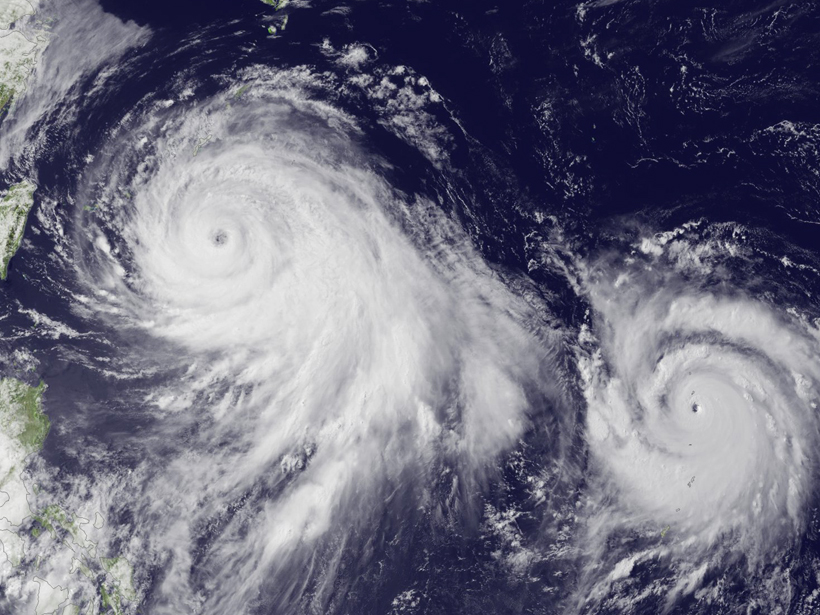An international geoscience organization has adopted a resolution calling for national and scientific leaders around the world to recognize the benefits “of advancing the scientific understanding of and capabilities for predicting potentially disruptive environmental consequences and extremes.”
This resolution, created by the International Union of Geodesy and Geophysics (IUGG), urges scientists and experts around the world “to re-dedicate their efforts better to understand the Earth system and, in this time of increasing stress on the global environment, to make their findings available to the public in the most useful and appropriate ways.” The resolution also calls for “increasing efforts to utilize scientific understanding for the benefit of society and the environment and for promotion of the economy and societal resilience” and providing “an independent voice in support of undertaking and relying on the most rigorous and well-tested scientific findings.”
Tom Beer, chair of the IUGG resolutions committee, explained some of the significance of the resolution to Eos. “In many countries the sciences are under threat. Funding has been cut to academies of science. In some cases, the Earth sciences have been targeted for various reasons. This has also led some governments to believe that international co-operation is a bad thing rather than a good thing,” said Beer, an international expert on environmental risk who served as IUGG president from 2007 to 2011.
By adopting this resolution, Beer explained, IUGG shows that it “disagrees with such a view and calls on scientists in countries where their work, their funding, or their international contacts are under threat to be brave and steadfast.”
Resolutions Addressing Climate, Oceans, Energy, and More
The new resolution is one of seven scientific resolutions announced at the final session of the IUGG general assembly on 1 July in Prague.
Among positions taken in other resolutions, such as one on energy resources, IUGG pledges to “promote and coordinate scientific contributions needed to limit the impact of climate change and enable the transition to a future low-carbon economy.” In its new resolution on the role of the ocean in climate, the group urges improved ocean-observing systems and amplified research on ocean modeling of climatic systems. In another on future satellite gravity and magnetic mission constellations, the organization calls for implementation of a constellation beyond the lifetime of current satellites.
Resolutions Can Make a Difference
The resolutions are major “initiatives or calls for actions discussed at the assembly and of significant importance for science, society, or IUGG activities.”
The resolutions, which were adopted by the IUGG Council, are major “initiatives or calls for actions discussed at the assembly and of significant importance for science, society, or IUGG activities,” said the organization’s secretary general, Alik Ismail-Zadeh. IUGG resolutions often have had a direct or indirect impact on problems they’ve highlighted, he told Eos. For instance, he said that a 1999 IUGG resolution influenced a decision by the Comprehensive Nuclear-Test-Ban Treaty Organization to release data to the scientific community.
—Randy Showstack, Staff Writer
Citation: Showstack, R. (2015), Global research push urged on environmental disruption, extremes, Eos, 96, doi:10.1029/2015EO032755. Published on 14 July 2015.
Text © 2015. The authors. CC BY-NC 3.0
Except where otherwise noted, images are subject to copyright. Any reuse without express permission from the copyright owner is prohibited.

